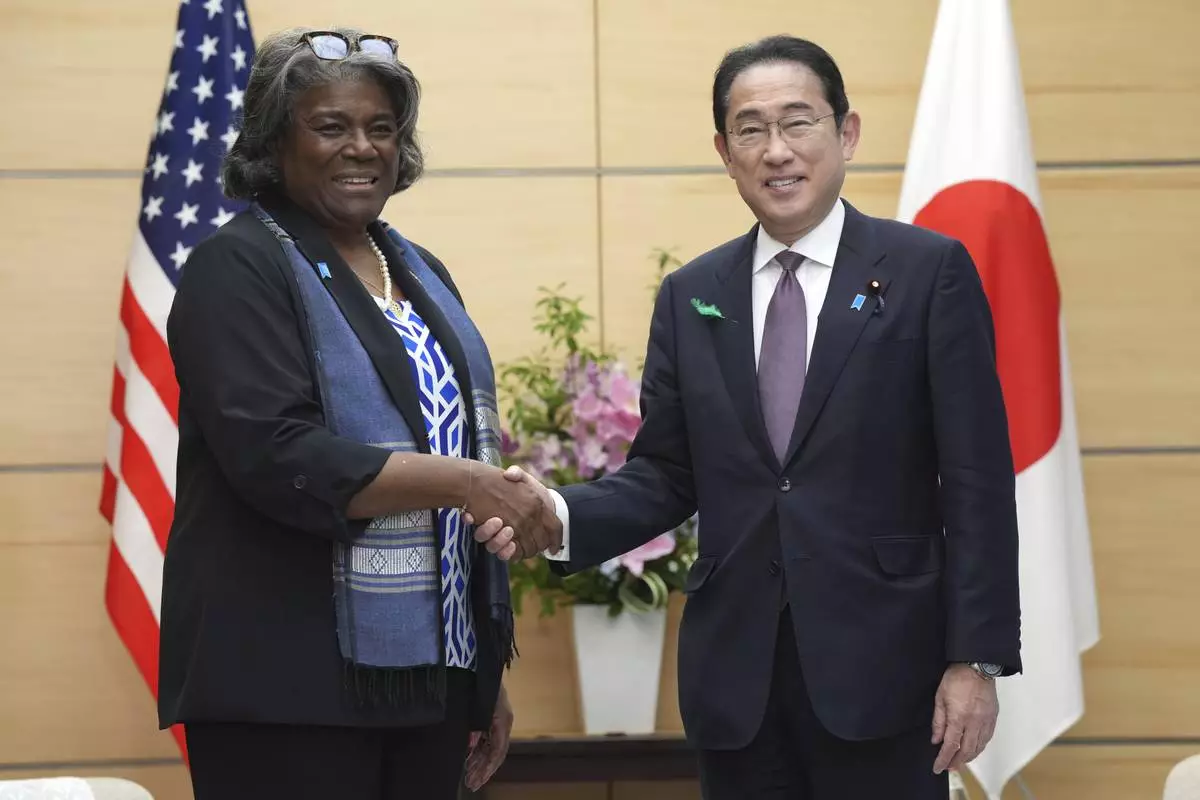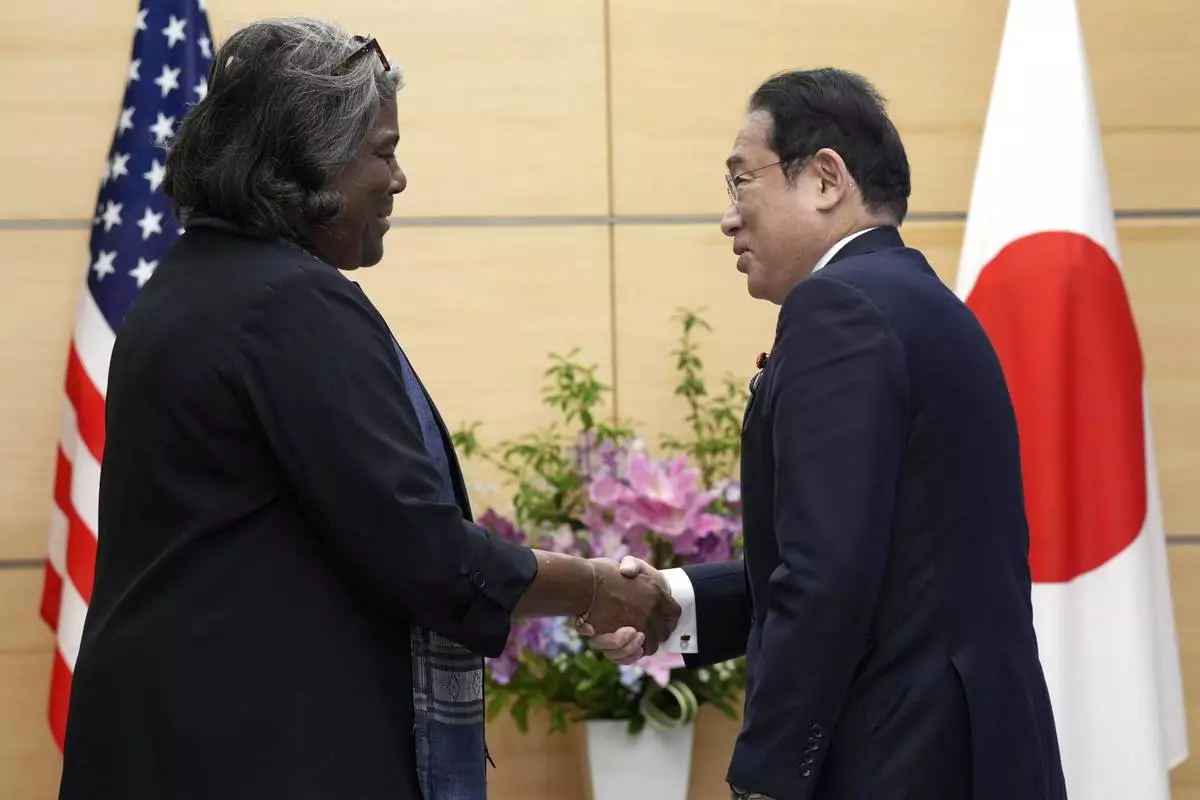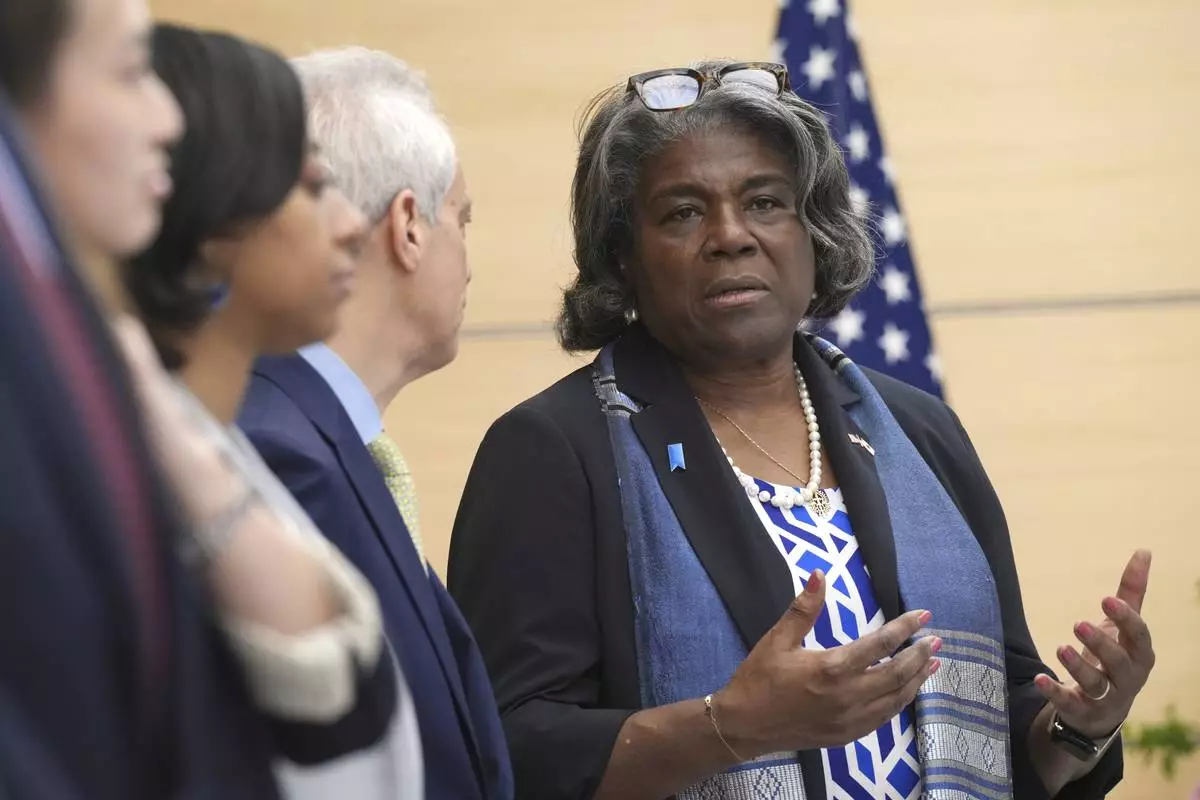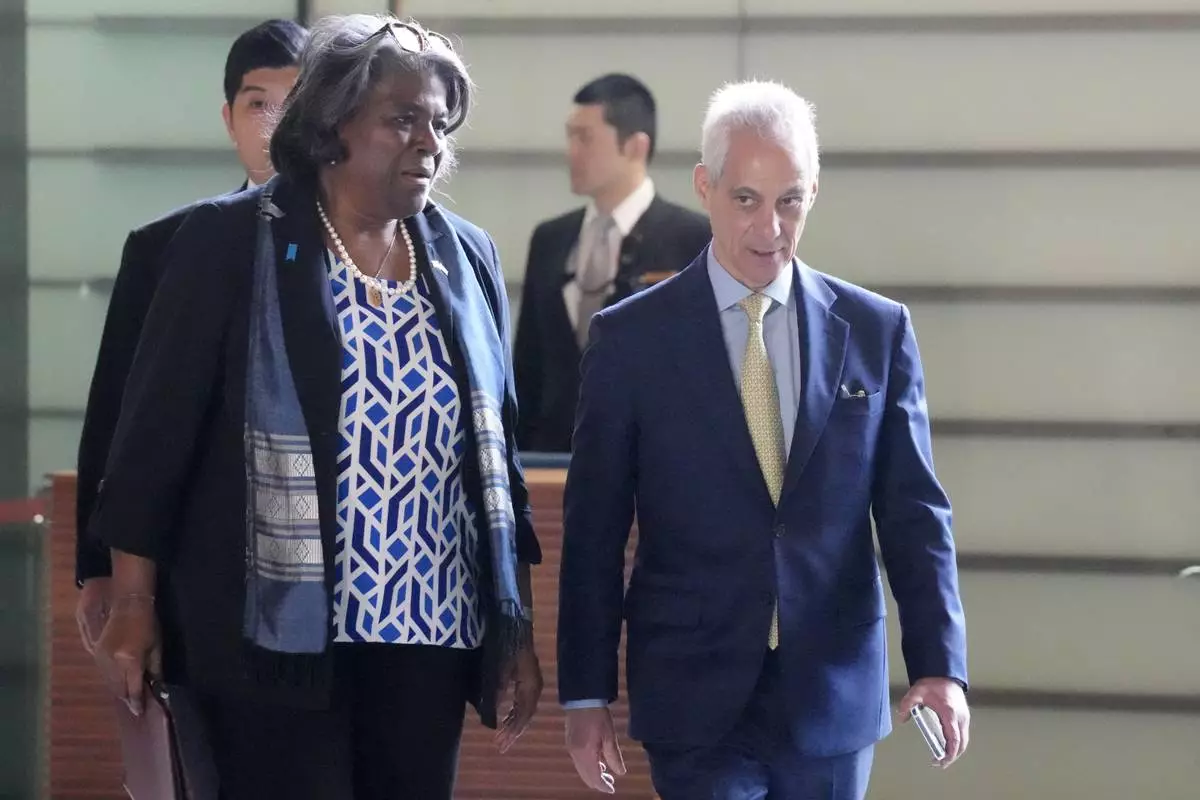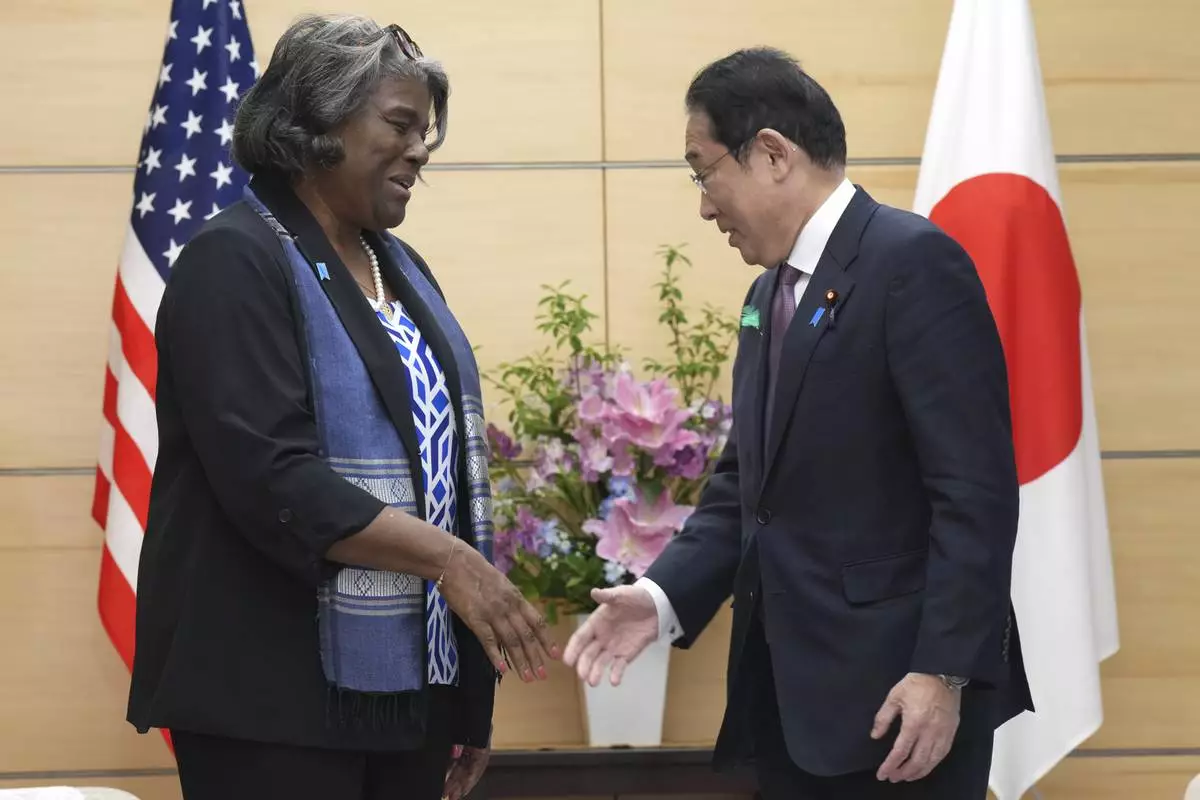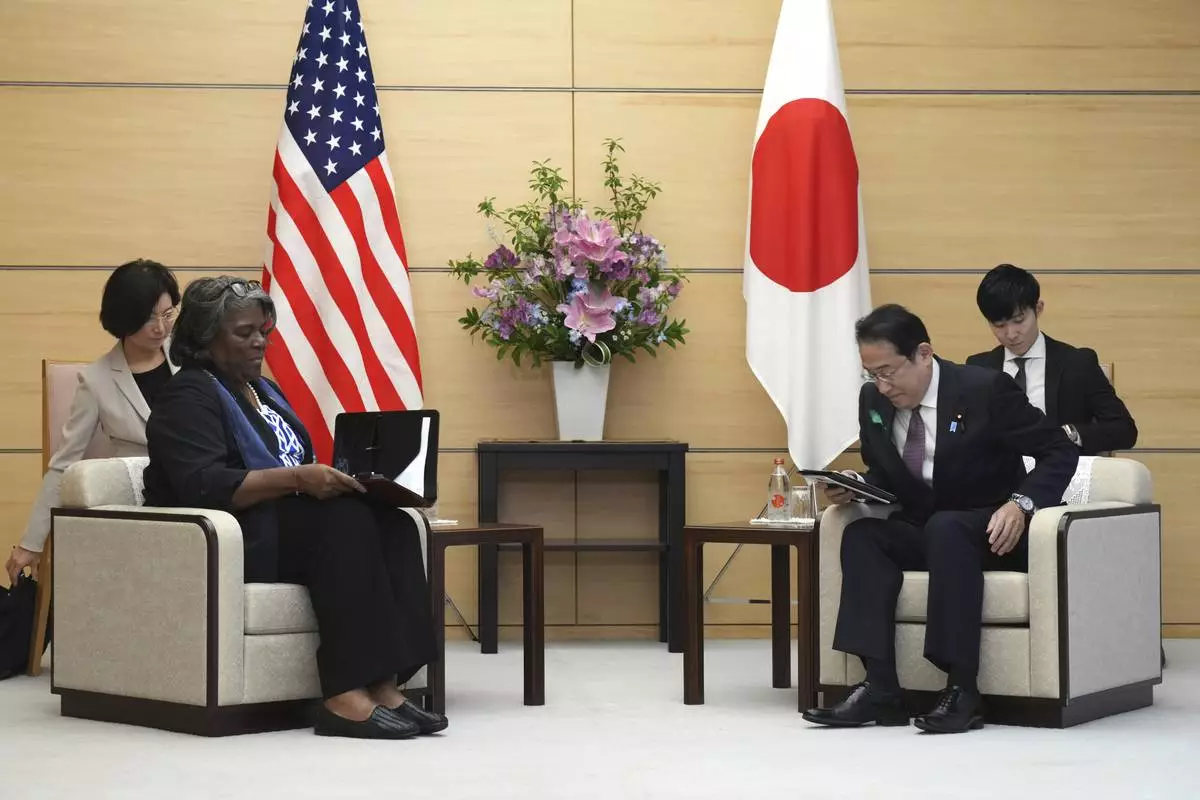Joe Biden was at a soul food restaurant in Los Angeles on Thursday when he blasted President Donald Trump's "racist" taunts at a rally the night before.
"This is about dividing the country," the early Democratic front-runner, who has been criticized for his own handling of race, told reporters. "This is about dividing and raising the issue of racism across the country because that's his base, that's what he's pushing."
But Michael Fisher, an African American pastor from Compton who attended the event, warned Democrats to ignore Trump.
"They should absolutely not respond to ignorance," Fischer said. "They should stay focused on the issues."
That tension previews the uncomfortable balancing act Democrats will face in the nearly 16 months before Election Day. Trump's escalating exploitation of racism puts the rawest divide in American life squarely on the ballot in 2020. Democrats are united in condemning his words and actions, but the question of how to counter them is much more complicated.
The party's passionate left wing is pressing for an all-in battle, arguing that candidates' plans to combat racism are just as important as their proposals to provide health insurance to every American. But others question whether race should be the centerpiece of the campaign to replace Trump. Several presidential candidates, meanwhile, reject the debate as a false choice, arguing they can criticize Trump for racist tactics while still advancing proposals on health care, education, the minimum wage and more.
The emotionally charged developments shook both political parties on Thursday, a day after Trump continued his verbal assault against four minority congresswomen, this time at a raucous rally in North Carolina. The president's supporters chanted "Send her back!" after Trump criticized Minnesota Rep. Ilhan Omar, a Muslim who fled to the U.S. as a child from violence-wracked Somalia.
While Trump tried to distance himself from the chant on Thursday, it echoed his own comments from earlier in the week when he said the "squad" of four young Democratic congresswoman, including New York Rep. Alexandria Ocasio-Cortez, should "go back" to their "crime-infested places" overseas. They are all American citizens.
After successfully campaigning on health care during last year's midterm elections, Democrats hoped to adopt a similar "kitchen table" strategy going into 2020 that would focus on issues that appeal to all voters. Yet Trump has forced them into a moment of decision that could send the party in a far less certain direction.
The challenge was clear Thursday when Trump's remarks consumed the 2020 debate even as Democrats on Capitol Hill voted to raise the federal minimum wage to $15 an hour by 2025. The vote was the latest move by Democrats to highlight their work on more traditional issues that helped them seize the House majority last fall. Yet it barely made a ripple in the national debate.
"Trump is forcing the hand of Democratic Party leaders thinking they could thread the needle. They can't. He's holding Klan rallies," said Aimee Allison, who leads She the People, an advocacy group focused on women of color. "We have to be strong in the face of that and unafraid."
Democratic pollster Cornell Belcher said that to pretend racism and division aren't top-tier concerns for voters is a fallacy.
"This is just as important an issue for Democrats to engage and win on as health care, education and wages," he said, pointing out that Democrats got 9 million more votes than Republicans in the 2018 midterm elections.
"That wasn't because voters all of a sudden fell in love with Democrats. That was about the direction of this country and people being uncomfortable and alarmed with what's happening with the Republican Party under Trump."
But others question whether to follow Trump into the racial debate at all, concerned about alienating white working-class voters who may have backed Trump in the past and are uncomfortable with allegations of racism or bigotry.
"Calling him racist, which he is, I don't know if that helps," said North Carolina-based Democratic strategist Gary Pearce. He called Trump's message "profoundly disturbing, but I know it works."
In the battleground state of Wisconsin, Democratic Party Chairman Ben Wikler called on his party to take a cautious approach by explaining that Trump is using racism to distract voters from failing policies.
"Trump's use of racism as a political weapon is his only strategy to distract the public from the No. 1 issue in 2018, which was health care," Wikler said. "He can't claim that he stands for working people in 2020."
Most of the Democratic Party's crowded 2020 class weighed in on the Trump-race question — some more aggressively than others.
Massachusetts Sen. Elizabeth Warren left no doubt about her position: "#IStandWithIlhan against attacks from this racist president," she tweeted.
New Jersey Sen. Cory Booker, the only African-American man running for president, condemned Trump's attacks on the squad, but also sought to distance himself from Ocasio-Cortez's description of immigrant detention centers along the southern border as "concentration camps."
"I would not choose that, because you start to begin to create historical comparisons that I do not think are constructive," he said. "But (the spirit is) pointing out the outrageous assault on humanity that's going on within our own borders . It's an assault on the humanity of all of us."
New York Sen. Kirsten Gillibrand called Trump "un-American."
"His constant attacks on women of color in Congress just show what a small, weak president he is," she said in a brief interview, while trying to pivot to the economy.
"You can talk about both," she said. "Absolutely. You have to. You have to lead on both issues."
Juan Rodriguez, the campaign manager for Kamala Harris, said the California senator would call out Trump on the campaign trail for "vile and reprehensible" comments at every opportunity but would also talk about her policy solutions.
Harris will "not be distracted by a person, who, the way she'd characterize, is weak and wants to stoke fear," Rodriguez said.
Republicans, too, are grappling with the racial debate that could have profound long-term consequences on the GOP's ability to win elections in an increasingly diverse nation.
Rep. Mark Walker of North Carolina, who called the chant "offensive," was among about 10 House GOP leaders who had breakfast Thursday with Vice President Mike Pence in Washington. Walker said he cautioned Pence that attention to the chant could distract voters next year from the economy and other themes Republicans want to emphasize.
Pence concurred and said he would discuss it with Trump, said another participant in the meeting who described the conversation on condition of anonymity.
Publicly, however, the overwhelming majority of Republican elected officials stood behind the president or offered tepid criticism.
Senate Majority Leader Mitch McConnell suggested Trump's critics were going too far by accusing him of racism.
"We ought to tone the rhetoric down across the country using - throwing around words like racism, you know, kind of routinely applying it to almost everything," he told Fox Business Network.



